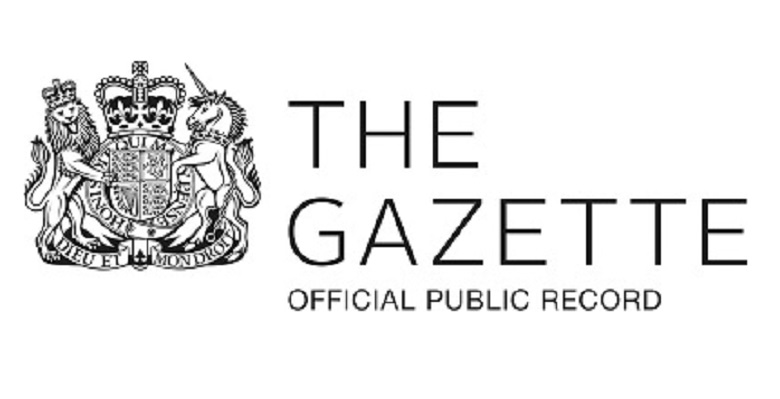If you’re executor of an estate, one of your responsibilities is to deal with any claims against the deceased’s estate.
Once you’ve applied for and received grant of representation (also called grant of probate, or confirmation in Scotland), it’s recommended that you put a statutory advertisement in The Gazette and in a newspaper that is local to the deceased.
How does a notice protect me, as executor?
Placing a notice in The Gazette and in a newspaper ensures that you’ve made sufficient effort to locate creditors before distributing the estate to beneficiaries. This protects you as the executor (or the trustee) from being liable for any unidentified creditors.
If you don’t place a notice, and a creditor then comes forward after the estate has been distributed, you may have some personal liability for an unidentified debt.
As well as placing a notice in The Gazette, you can also submit one or more local area newspaper advertisement via the Gazette online form.
Reasons for placing more than one newspaper notice:
- If the estate includes a property, a notice should be put in a newspaper that is local to the property, which may be different from the location of the deceased.
- Should the deceased have more than one property, you may want to place more than one newspaper notice, one in each area local to the property.
- You may want to place multiple newspaper notices depending on the geographical spread of the deceased’s economic activity: best practice would be to cover all areas in which the deceased may have had debtors.
So, if the person who has died lived and worked in one place, one notice would be enough; if they lived in one place and operated a business in another, then two would be required; if they had business activity over several areas, several notice would be required.
This article was submitted to be published by The Gazette as part of their advertising agreement with Today’s Wills & Probate. The views expressed in this article are those of the submitter and not those of Today’s Wills & Probate.



















